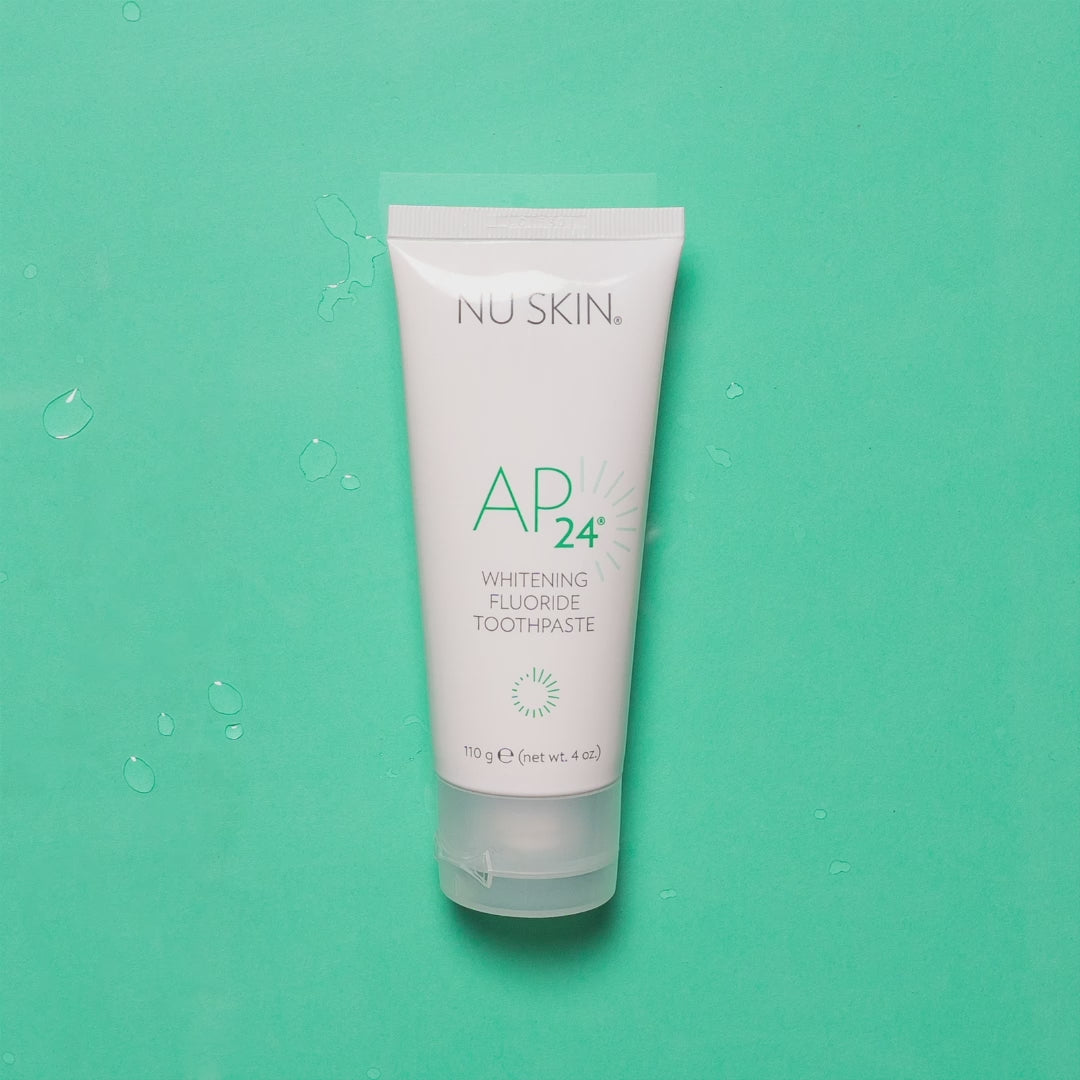When it comes to skincare, there are countless products available on the market especially online, each claiming to be essential for achieving flawless skin. One such product is toner. But does toner really live up to its hype? In this blog post, we will explore the question: why does my toner create more acne, and is toner a necessary part of a skincare routine?
What is Toner and How Does it Work?
Toner is a skincare product designed to be used after cleansing and before moisturizing. It is a liquid formula that typically contains water, humectants, and other beneficial ingredients. Toner plays a crucial role in skincare routines and offers several benefits:
-
Balances pH Levels: After cleansing, the skin's pH can become slightly imbalanced. Toner helps to restore the skin's natural pH, which is essential for healthy skin function.
-
Cleansing Residue Removal: Toner helps to remove any remaining traces of dirt, oil, or makeup that might be left after cleansing, ensuring a thoroughly clean complexion.
-
Tightens Pores: Some toners contain astringent properties that can temporarily tighten the skin and minimize the appearance of pores.
-
Hydration: Toners often contain humectants like glycerin and hyaluronic acid, which attract and retain moisture, providing hydration to the skin.
-
Enhanced Absorption: By prepping the skin and removing impurities, toner helps improve the absorption of subsequent skincare products like serums and moisturizers.
-
Soothing and Calming: Many toners include soothing ingredients like chamomile or aloe vera, which can calm and reduce skin irritation.
Why Does My Toner Create More Acne?
While toner is generally considered beneficial for the skin, some individuals may experience an increase in acne breakouts after incorporating toner into their skincare routine. This can be attributed to a few reasons:
-
Harsh Ingredients: Some toners contain alcohol or other harsh ingredients that can strip the skin of its natural oils. This can lead to dryness and irritation, triggering the skin to produce more oil and potentially causing acne breakouts.
-
Incorrect Usage: Using toner excessively or applying it too frequently can disrupt the skin's natural balance and lead to overproduction of oil. It is important to follow the instructions provided by the manufacturer and use toner in moderation.
-
Wrong Toner for Your Skin Type: Not all toners are created equal. Different skin types require different formulations. Using a toner that is not suitable for your skin type can clog pores and contribute to acne breakouts.
-
Over-Exfoliation: Toners with exfoliating properties, such as those containing alpha hydroxy acids (AHAs) or beta hydroxy acids (BHAs), can be beneficial for some people. However, using exfoliating toners too frequently or combining them with other exfoliating products can over-exfoliate the skin, leading to irritation and increased acne.
-
Skin Sensitivity: Individuals with sensitive skin may react negatively to certain toner ingredients. It's essential to choose a toner specifically formulated for your skin type, and if you have sensitive skin, opt for a gentle and mild toner.
-
Allergic Reactions: Some people may experience allergic reactions to certain toner ingredients, leading to skin irritation and breakouts. Discontinue using the toner if you suspect an allergic reaction and consult a dermatologist if the issue persists.
Is Toner a Need as Part of a Skincare Routine?
The necessity of toner in a skincare routine is subjective and depends on individual preferences and skin concerns. While toner can be beneficial for some, it is not an essential step for everyone. Here are a few factors to consider:
1. Skin Type: If you have oily or acne-prone skin, a toner that is specifically formulated to control oil and minimize pores may be beneficial. However, if you have dry or sensitive skin, you may want to skip this step or opt for a gentle, hydrating toner.
2. Skincare Goals: If your primary skincare goal is to address specific concerns such as acne, hyperpigmentation, or aging, there may be other products that are more effective in achieving those goals. Consult with a dermatologist or skincare professional to determine the best course of action.
3. Personal Preference: Ultimately, skincare routines should be tailored to individual needs and preferences. If you enjoy using toner and find that it improves the overall texture and appearance of your skin, then by all means, continue incorporating it into your routine.
In conclusion, while toner can be a beneficial addition to a skincare routine for some individuals, it is not a necessity for everyone. If you find that your toner is creating more acne, it may be worth reevaluating the product you are using, how you are using it, and whether it aligns with your skin type and skincare goals. Remember, what works for one person may not work for another, so listen to your skin and make informed decisions based on its unique needs.







